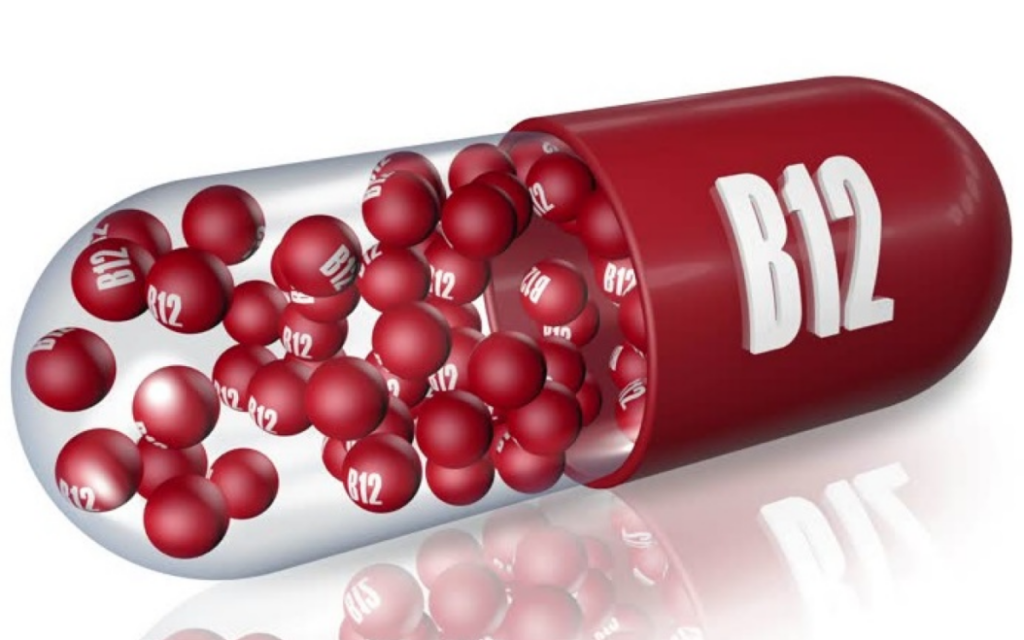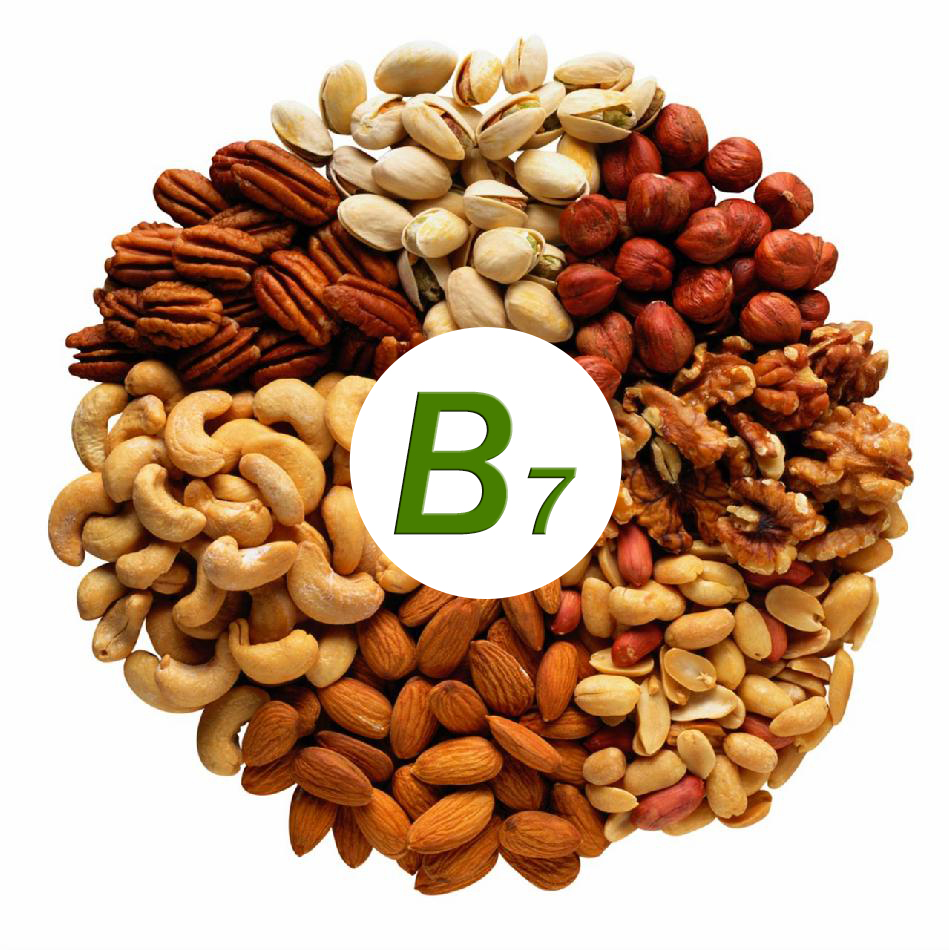Vitamin B12, also known as cobalamin, is a water-soluble vitamin that plays a crucial role in various bodily functions. It is essential for maintaining healthy nerve cells, supporting DNA synthesis, and aiding in the production of red blood cells. Vitamin B12 is unique among the B complex vitamins as it is primarily found in animal-based foods, making it particularly important for vegetarians and vegans to ensure adequate intake. In this comprehensive guide, we will explore the numerous health benefits of vitamin B12, its role in promoting overall well-being, dietary sources, recommended intake, and potential risks associated with deficiency.
The Role of Vitamin B12 in Red Blood Cell Production
Vitamin B12 is essential for the production of healthy red blood cells. It aids in the synthesis of DNA, which is critical for the proper maturation and functioning of red blood cells. A deficiency in vitamin B12 can lead to megaloblastic anemia, a condition characterized by abnormally large and immature red blood cells that cannot function effectively, resulting in fatigue, weakness, and paleness.
Vitamin B12 and Nerve Health
Vitamin B12 is crucial for maintaining the health of the nervous system. It plays a key role in the synthesis of myelin, a protective sheath that surrounds nerve cells and facilitates efficient nerve signal transmission. Adequate vitamin B12 levels are essential for preventing nerve damage and supporting overall nerve function. Long-term deficiency may lead to neurological symptoms, such as tingling sensations, numbness, and difficulty walking.
Vitamin B12 and Cognitive Health
Emerging research suggests that vitamin B12 may play a role in cognitive health and brain function. Adequate vitamin B12 levels are associated with better memory, concentration, and cognitive performance, particularly in older adults. While more research is needed to establish a direct link, maintaining sufficient vitamin B12 intake appears to support optimal brain health.
Vitamin B12 and Heart Health
Vitamin B12 is involved in the metabolism of homocysteine, an amino acid that, when elevated, is linked to an increased risk of heart disease. Adequate levels of vitamin B12, along with other B vitamins like folate and B6, help maintain low homocysteine levels, promoting cardiovascular health. High homocysteine levels have been associated with an increased risk of heart attacks and strokes.
Vitamin B12 and Energy Production
Vitamin B12 plays a vital role in the metabolism of carbohydrates, proteins, and fats, converting these nutrients into usable energy for the body. It supports the proper functioning of enzymes involved in energy production and is essential for preventing feelings of fatigue and promoting overall vitality.
Vitamin B12 and Digestive Health
Vitamin B12 is naturally bound to proteins in animal-based foods. To be absorbed properly, it must be released from these proteins during digestion by stomach acid and then bound to a substance called intrinsic factor, which allows for absorption in the small intestine. Individuals with certain digestive conditions, such as pernicious anemia or gastrointestinal disorders, may have impaired vitamin B12 absorption and may require supplemental forms of the vitamin.
Dietary Sources of Vitamin B12
Vitamin B12 is primarily found in animal-based foods such as meat, fish, poultry, eggs, and dairy products. For individuals following a vegetarian or vegan diet, plant-based sources of vitamin B12 are limited, and supplementation or fortified foods may be necessary to meet daily requirements. Fermented foods like tempeh and miso also contain small amounts of vitamin B12, but their contribution to overall intake may be limited.
Recommended Vitamin B12 Intake
The recommended daily intake of vitamin B12 varies based on age, sex, and life stage. For most adults, the recommended intake ranges from 2.4 to 2.8 micrograms per day. Pregnant and breastfeeding women may require slightly higher amounts to support fetal development and milk production. Individuals over the age of 50 may also need higher intake due to decreased absorption efficiency.
Risk Factors for Vitamin B12 Deficiency
Several factors can contribute to vitamin B12 deficiency, including dietary restrictions (vegetarian or vegan diets), malabsorption issues (such as pernicious anemia or gastrointestinal disorders), certain medications (such as acid-reducing drugs), and aging. Individuals with these risk factors should pay close attention to their vitamin B12 intake and consider supplementation if necessary.
Symptoms and Health Implications of Vitamin B12 Deficiency
Vitamin B12 deficiency can lead to a range of symptoms, including fatigue, weakness, paleness, tingling or numbness in the hands and feet, difficulty walking, memory problems, and depression. Untreated deficiency can cause long-term nerve damage and neurological issues. Early detection and treatment of vitamin B12 deficiency are crucial to prevent severe complications.
Vitamin B12 Supplements and Fortified Foods
For individuals at risk of vitamin B12 deficiency, vitamin B12 supplements and fortified foods can be effective ways to ensure adequate intake. Vitamin B12 supplements are available in various forms, including tablets, capsules, and sublingual (under the tongue) preparations. Fortified foods, such as plant-based milks, cereals, and nutritional yeast, are enriched with vitamin B12 and can be valuable dietary sources for vegans and vegetarians.
Special Considerations for Vitamin B12 Supplementation
While vitamin B12 supplements are generally safe and well-tolerated, individuals with specific health conditions or those taking certain medications should consult with a healthcare professional before starting supplementation. In some cases, high doses of vitamin B12 supplements may be recommended for the treatment of certain conditions, such as pernicious anemia.
Conclusion
Vitamin B12 is a critical nutrient that plays a vital role in various bodily functions, including red blood cell production, nerve health, cognitive function, and energy metabolism. Maintaining sufficient vitamin B12 intake is essential for overall health and well-being. For individuals following vegetarian or vegan diets or those with specific risk factors for deficiency, careful attention to dietary sources, supplementation, or fortified foods can help ensure adequate vitamin B12 intake. Regular monitoring of vitamin B12 levels and early detection of deficiency are essential to prevent potential complications and support optimal health. As with any nutrient, it is important to consult with a healthcare professional or registered dietitian to tailor vitamin B12 intake to individual health needs and considerations.
Barbara is a freelance writer and a sex and relationships adviser at Dimepiece LA and Peaches and Screams. Barbara is involved in various educational initiatives aimed at making sex advice more accessible to everyone and breaking stigmas around sex across various cultural communities. In her spare time, Barbara enjoys trawling through vintage markets in Brick Lane, exploring new places, painting and reading.
[email protected]
- Fizzy Fun: My Melo THC Beverage Review - April 22, 2024
- Insights from Dr. Laura Geige on Dental Blocks - March 30, 2024
- Lip Fillers, Botox, Dermal Fillers, Anti-Wrinkle Injections in Angel EC1 - March 22, 2024














